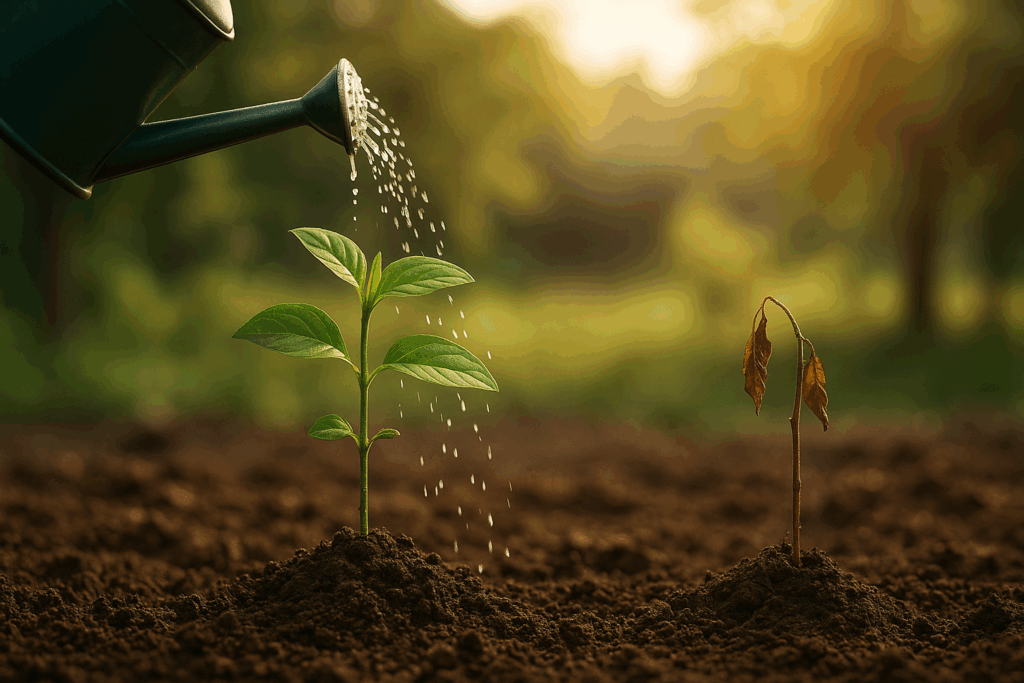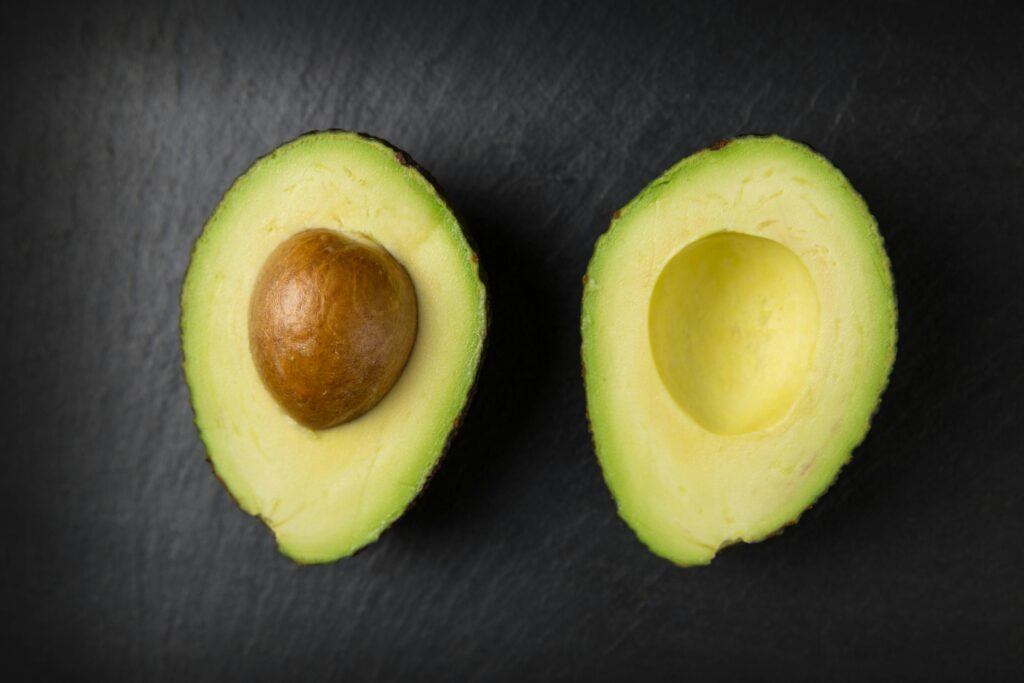What began as a lifeline has turned into a source of discord. Among the Afghan women we support—courageous individuals who have already endured more than most—jealousy and mistrust are beginning to surface. Those granted humanitarian visas to Brazil are now targets of slander and even betrayal. Some have had their personal information shared with the Pakistani police—who have arrested them and only release them when the bribe is paid.
This behavior is not just tragic; it is fundamentally at odds with the purpose of this entire effort. We are not here to lift some and abandon others. Nor are we here to replicate the very dynamics of exclusion and fear we’re trying to leave behind.
To understand how this breakdown is happening—and what can help us shift it—we must talk about empathy, and more importantly, compassion.
The difference between empathy and compassion
Drawing on the insights from Richard Rudd’s Gene Keys, we see that empathy and compassion are not the same, even though they’re often confused.
Empathy is the ability to feel with another being—to enter their experience. How Rudd phrases it so beautifully, it is a “sacred form of resonance”. It dissolves the boundaries between self and other, allowing us to intimately connect. But this dissolution also carries a risk: when we empathize without anchoring ourselves in a broader field of care, we absorb the pain of others and may become it. We lose discernment. We take sides. We project. We spiral into the emotional landscape of the other—and sometimes, into conflict.
Compassion, as Rudd describes it, emerges after suffering has been fully felt and understood. It does not bypass pain, but transmutes it. Compassion allows us to witness another’s experience without becoming destabilized by it. It speaks the language of unity. It connects us not just to one suffering person or group, but to all of humanity.
Where empathy links us to the part, compassion returns us to the whole.
Empathy without compassion: two familiar pitfalls
Recently we have been working with 2 teams where this was at play too. In your career you might have come across those “classic” situations as well. In both cases empathy unmoored from compassion caused fracture instead of connection.
The Promotion
Two colleagues in an infrastructure company, both dedicated and hardworking, have contributed to a complex organizational sustainability change. One is promoted to a leadership role; the other is not. The latter feels overlooked. Peers empathize with that pain—“You should’ve gotten it,” they whisper. The emotional solidarity turns sour. Trust breaks down. The promoted colleague temporarily becomes a quiet scapegoat.
This is empathy without compassion. It binds to one person’s suffering but loses sight of the whole. We are now working on evoking compassion in the team, which by contrast will allow space for the disappointment and the recognition that the team’s journey continues.
We hope that compassion will affirm that growth and value aren’t defined by titles alone—and that another’s success doesn’t negate one’s own.

The budget allocation
A retail company must choose between two sustainability proposals. One gets funded because it’s more aligned with short-term growth needs. The other, more visionary and long-term, is passed over. The team behind it feels dismissed. Empathy circulates: “It’s politics,” “Your idea was better.” Suspicion grows. Departments drift apart.
Again, this is empathy turning tribal.
By helping the team to find compassion, shared learning can happen. By being transparent, the larger sustainability mission is kept intact. It allows disappointment to be felt without turning it into division. Both teams understand that the work is cumulative, not competitive.
The bigger picture
This same dynamic playing out within our Afghan women’s group and the two corporate examples is wreaking its havoc in geopolitics. Illustrating the deeper dynamics on the example of the Afghan women: those who haven’t received visas yet feel left behind—and their pain is valid. But when that pain festers without being held compassionately, it morphs into jealousy, misinformation, and even sabotage.

And that’s precisely what we must watch out for. As Rutger Bregman outlines in Humankind, empathy, while powerful, can backfire. It fuels strong in-group cohesion—but that cohesion can turn against outsiders, or even insiders who are perceived as “privileged.” Wars are often started by such fierce tribal empathy. Compassion, by contrast, opens the heart to all. It reminds us that our own suffering does not justify harming others—and that doing so only deepens our collective pain.
Evolution
Every time we choose compassion instead of empathy, we can evolve collectively. Empathy helps us feel with one another. Compassion helps us act wisely in response.
Those granted visas, receive a promotion or the budget are not “more fortunate” in the zero-sum game. Their “fortune” is a seed of possibility.
What happens to one happens to all.
When we shift from comparison to care, from tribal pain to collective healing, we become capable of what those efforts set out to do: to honor the planet and each being as sacred.
In this moment of rupture, we are being called not to collapse into old patterns, but to rise above them. The road ahead within polycrisis is not easy, but it can be walked together—if we remember that each of us is both the seed and the fruit.


